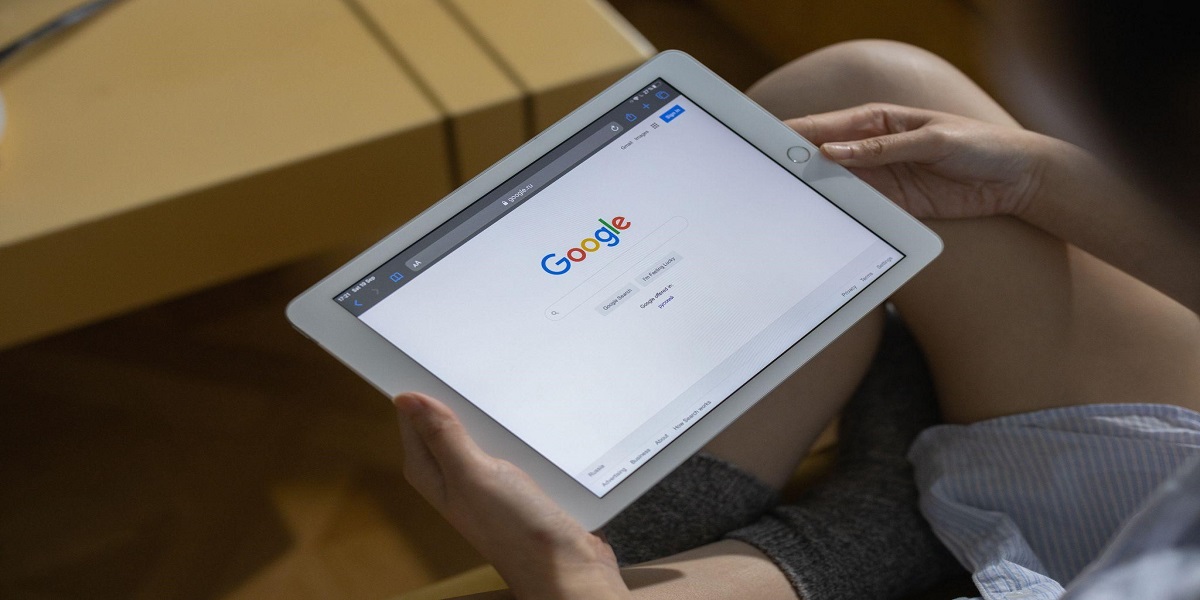Growing your business in an increasingly saturated and competitive market can be a tad difficult, especially if you are not planning to shell out a fortune for your marketing budget. Nowadays, most of the marketing efforts are focused online. While traditional advertising still has its benefits, it cannot be denied that digital marketing has taken over.
This means you must establish an online presence and ensure that you stand out from the competition. However, organic strategy alone is no longer enough. You must face it—you must spend to get a piece of the pie. You need to set aside a budget for your advertising efforts.
Google Ads:
We cannot talk about online advertising without bringing Google Ads into the equation. In fact, this advertising tool is one of the most important aspects of online marketing. Everything starts with an online search. As the world’s biggest search engine, Google is integral to every digital strategy.
Whether you want to create brand awareness, build your online presence, drive traffic to your website, or generate leads, Google Ads are your best bet. But while many marketers recognize its value, many still have pressing questions on their minds.
One of the frequently asked questions is this: how much do Google Ads cost? There is no one-size-fits-all answer to this. In fact, it is impossible to give just one single answer to this question. After all, the cost of your ads depends on various factors.
Factors That Affect The Cost of Your Ads:
The cost of your Google Ads varies from one business to another. So even though you are running the same types of ads as your fiercest competitor in the same industry and with the same objectives, it is still not guaranteed that you will get the same costs. A lot of it depends on how you manage your account and run your ads.
However, there are common factors that you can pay attention to when ensuring reasonable costs for your Google Ads. Understanding how these factors affect your ad performance and their costs can help you greatly in your goals.
The Industry Where You Belong:
One of the biggest influences on your Google Ads pricing is the industry where you are in. Some industries tend to be more expensive than others.
This is the case in real estate, accounting, and legal fields, often considered business services verticals. The competition in these industries tends to be cut-throat, not to mention the amount of money that a converted customer can bring in. Say your Google ad yielded an upward of $1,000 per new client; spending $100 for lead is not excessive.
However, industries like entertainment tend to have lower CPC because they will need to convert thousands of customers to get a higher return on investment.
The Customer Lifecycle:
When factoring in the cost of your ads, you need to consider the lifecycle of your customers. Sometimes, it takes longer for your clients to go through the customer cycle. They often need more time to make a purchase decision, so you will need to do a lot of nurturing to nudge them in the right direction. The number of customer touchpoints can affect the cost of your ads as the cycle might involve multiple stages before they can get into the final step.
The Current Digital Trends:
Most online platforms evolve with time, which often brings in algorithm changes. Also, some circumstances are beyond their control, such as the emergence of the COVID-19 pandemic, which forced a lot of people to use online transactions for most of their needs. This forced some industries’ average cost per click to climb down to as low as $0.70.
The Way You Manage Your Account:
Another factor that can affect the cost of your ads is the way you manage your account. Running ads on Google does not stop once you have activated them. You need to monitor your ads and optimize as necessary constantly. Plus, you have to ensure you have set up your account properly, ensuring you have the correct tracking in place and the objectives you use align with your goals.
How Does Google Charge Your Ads?
Google Ads works like an auction. The auction happens when someone enters a search term on Google, which then triggers the latter to check if advertisers are bidding on keywords that are relevant to the query. The ads are then entered into an auction.
The winner is chosen based on the bid. It is possible that you won’t have to pay your maximum bid. To understand this further, you may take a look at the following elements that affect how Google determines the winners in the auction and how much they need to pay per click.
Quality Score:
Quality score refers to the rate given by Google to advertisers within an auction. The ad and the relevance of the landing page to the search term determine the score. The projected click-through rate and the landing-page experience are also considered. The highest quality score is 10, and 1 is the lowest. You will want to score between 8 and 10 to get a better chance of winning an auction.
Ad Rank:
The next step in the process is calculating the ads’ rank. Ad rank is important because it affects if and where your ads will be placed in the paid-results section. This is calculated by multiplying your quality score by your maximum bid. You have to aim for the highest Ad Rank score as your ads have a better chance of getting shown.
Cost Per Click:
In Google Ads, you do not have to pay whenever your ads are shown. You will only need to shell out money if someone clicks on the ads that are being shown. And even if your ads get clicks, you do not necessarily have to pay your maximum bid. The formula for the cost of your Google ad is dividing the ad rank below yours by your quality score. You will then need to add one percent and you will get your ad cost per click.
Landing-Page Relevance:
Another variable regarding your Google Ads cost is your landing-page view. It is not enough that you have a landing page for your ads. You must ensure that your landing page is relevant and that you provide a great user experience to those who click on your ads. If your landing page gets a high bounce rate, there is a high possibility that your ad will cost a lot more. That is why you need to make sure that your landing page has relevance to the search term and that you are meeting the users’ expectations once they click on your ad.
Budgeting With Google Ads:
Running ads online often involves budgeting. Regarding Google Ads, you need to keep in mind that you can control your budget. Many advertisers complain that their monthly budget gets burned up in a few days. This gives them the impression that Google Ads are expensive, which is not always the case.
Before delving deep into this, you need to ensure that you understand the different terms regarding Google Ads budget.
- Budget—This refers to the amount of money you can spend on your Google Ads.
- Bid—This one refers to the amount you are willing to pay for a click on your ad.
- Spend—This refers to the amount Google deducts from your budget every time your ad is included in an auction.
- Cost—This refers to the amount you will pay for a click on your ad.
You must set your daily average budget when you run your ads on Google. This does not mean Google will spend the exact amount you set daily. It is only a rough idea that you provide to Google of how much you would want your daily spending to look like. Some days, Google will spend more than your daily budget if they spot an opportunity, but this amount will even out at the end of the month.
Ultimately, you should know that Google determines your average daily budget by considering your budget for the month for a particular campaign and dividing it by 30.4. Your monthly budget depends on your overall Google Ads budget, the average cost-per-click of the search terms you are bidding on, and the campaign’s relevance relative to the others in your account.
Wrapping It Up:
Indeed, there is no exact cost for every Google ad as they often depend on several factors. Even so, you must remember that the cost of Google Ads is entirely up to you. Your approach to Google Ads and how you set them up tremendously impact its eventual costs.

